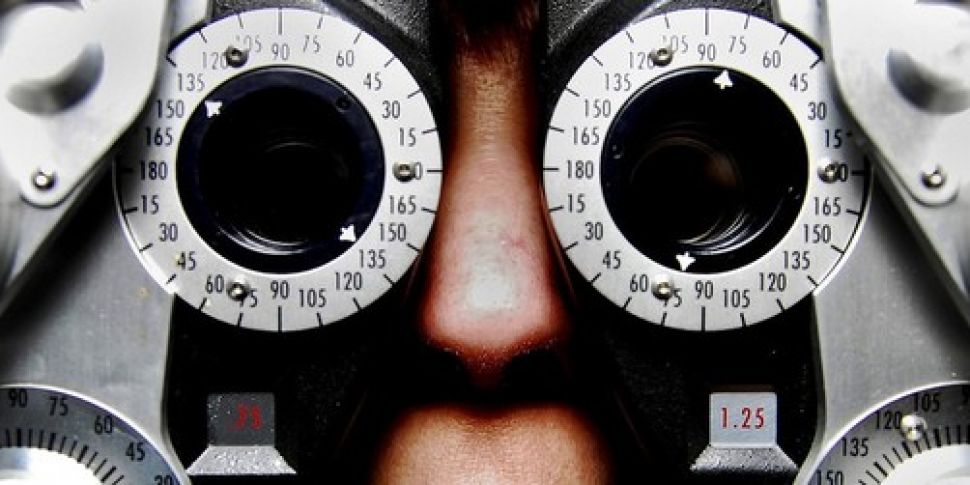Due in part to the increase in time spent using computers and mobile devices, the number of people across Europe with short-sightedness is on the rise.
Researchers from King’s College London have discovered that almost half of Europeans between the age of 25 and 29 suffer from myopia, the medical term for being short or near-sighted. The results of their study show that men and women in this age bracket are nearly twice as likely to short-sighted when compared to the general population.
The research, published this week in the journal Ophthalmology, analysed the data from 15 studies carried out all across the continent, looking at 60,000 people.
"In the latter half of the last century, there was increasing use of computers, increasing the length of the educational day with increased after-school tuition and less outdoor play as a result of reduced recess time," the researchers say in the study.
The research team also discovered that there is a higher frequency of myopia among men and women who went on to higher education after leaving school.
"We knew myopia was becoming more common in certain parts of the world – almost 8 in 10 young people are affected in urban East Asia – but it is very interesting to find that the same pattern is being seen here in Europe," Katie Williams, one of the researchers from the Department of Ophthalmology at King's College London said.
"This has major implications for the future burden from this eye disease which can threaten sight in older age, particularly in very short-sighted people," she added.
While the number of adults presenting with near-sighted vision has increased, the study was unable to reflect upon how the increasing use of phones, tablets, and computers by children, and what impact this will have on their developing vision.









